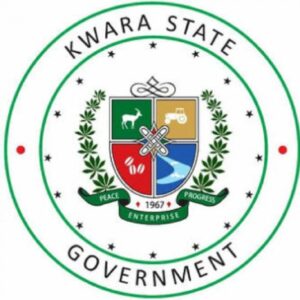
Rotary Club holds free cervical cancer screening for women in Ibadan
The Rotary Club of Ibadan City Central, on Thursday in Ibadan, held a free cervical cancer screening for women.Our Correspondent reports that no fewer than 70 women were screened at the programme organised to commemorate this year’s World Cancer Day, held annually on Feb. 4.
The theme for the Day is: ‘I am and I will’. The Chief Nursing Officer, University College Hospital (UCH), Ibadan, Mrs Olaide Payne who brought uterus sample to the programme, showed the women how they could know when they were infected with cancer.
Payne said that early detection of any cancerous cell in the cervices was important, as it would save life and prevent it from infecting other parts of the body.
She noted that pregnant women should not engage in such screening to avoid abortion and advised those who might have cancerous cells to visit UCH for further medical attention.
The chief nursing officer urged women to avoid having multiple sex partners, saying that this was part of the causes of cervical cancer.
She advised mothers to take proper care of their female children and not allow anyone they didn’t trust to bath and care for them.
“Women should make sure they satisfy their husbands at home so that they won’t go outside. Most men won’t go outside if they are satisfied at home,” she said.
The President, Rotary Club of Ibadan City Central, Miss Morenike Barlatt-hughes, said that the screening was aimed at raising awareness and for people to speak up and take action in detecting early stage of cancer.
Barlatt-hughes, who also said that it was aimed at celebrating the world cancer day, added it would also help achieve one of rotary club’s areas of focus, which was maternal and child health.
According to her, the organisation decides to choose cervical cancer because it disturbs women, while, at least, 10 million people die each year from the disease.
“By 2030, experts project cancer deaths to rise to 13 million, if we don’t act. More than one third of cancer cases can be prevented and cured; early detection can save up to 3.7 million lives yearly,” she said.
The club’s president noted that through investing in research and innovation, it had witnessed extraordinary breakthroughs in medicine, diagnostics and scientific knowledge.
She said that equal access to cancer prevention, diagnosis, treatment and care could save lives.
“When leaders speak up and take action, we give ourselves a chance to make history and move toward a world free of cancer,’’ she said.
Barlatt-hughes added that through raising public, political literacy and understanding around cancer, fear would reduce, while increase in understanding, dispelled myths and misconceptions would bring about change in attitude.
One of the beneficiaries, Miss Yetunde Rashidi, thanked the club for organising the programme, noting that the exercise had saved her the cost of doing the screening at the hospital.



